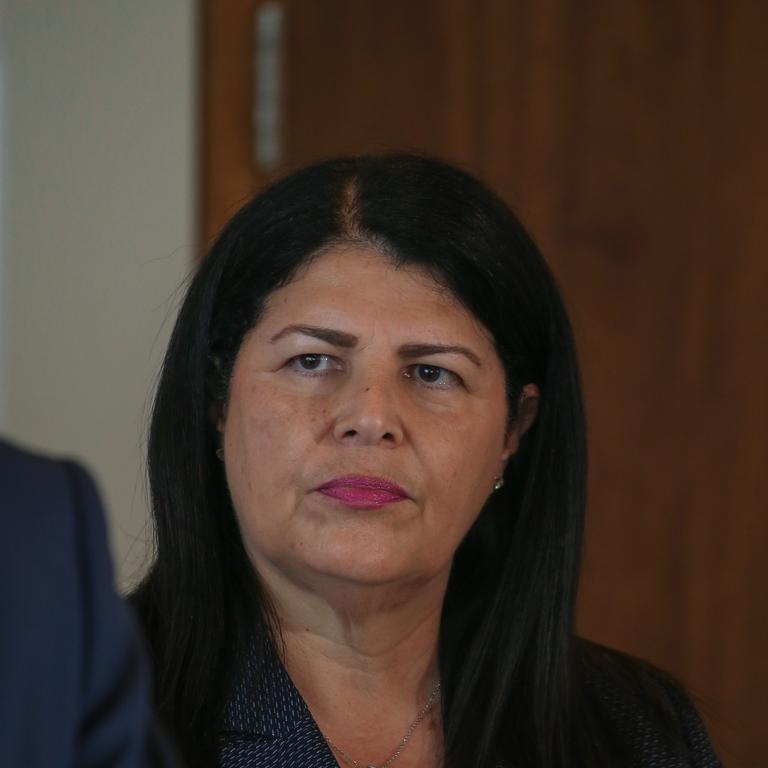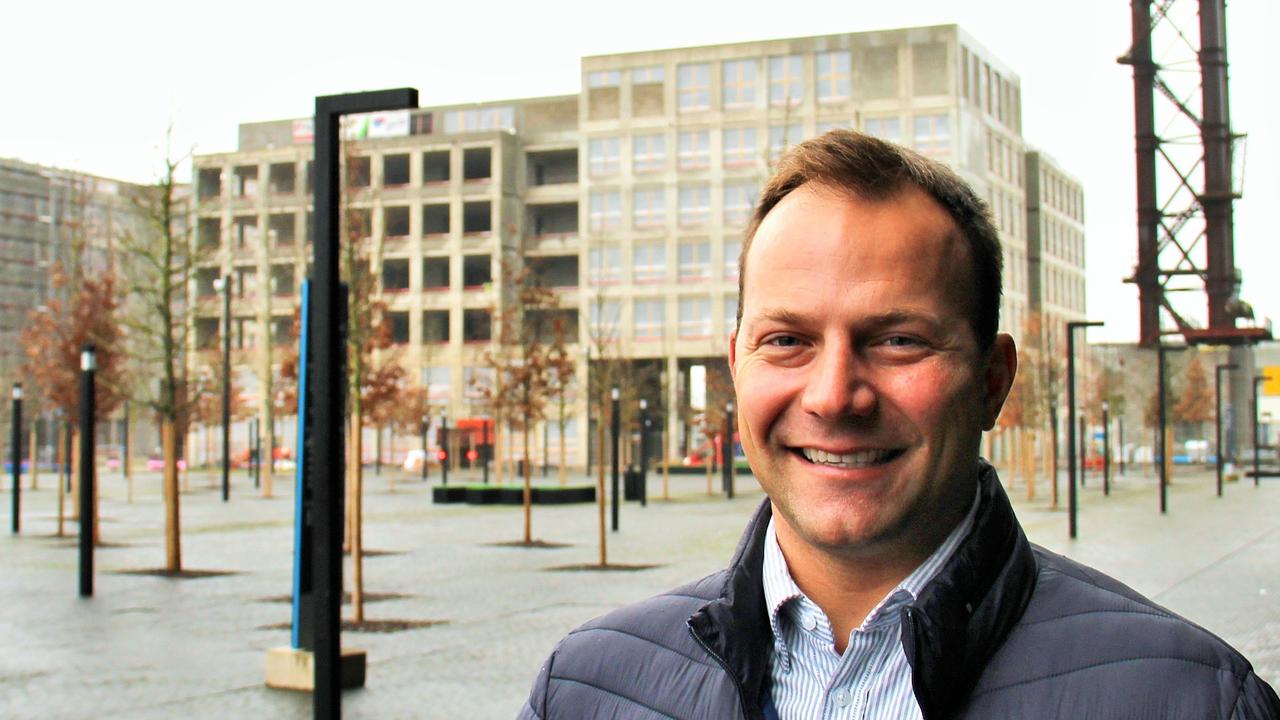Shock result in daylight saving research
A pair of senior state government ministers have expressed support for daylight savings in the wake of shock research findings, but fans of winding the clocks forward shouldn’t hold their breath. SEE RESULTS
QLD Politics
Don't miss out on the headlines from QLD Politics. Followed categories will be added to My News.
Two senior state government ministers have expressed support for daylight savings, but fans of winding the clocks forward shouldn’t hold their breath.
On the anniversary of Queensland’s failed daylight saving referendum, shock new research has revealed just how easily the vote would pass today.
It is 32 years since Queenslanders were asked to introduce daylight saving following a trial in the early 1990s, meaning anyone who voted on the proposal is now over the age of 50.
But new research from University of Queensland academic Thomas Sigler has found the vote would be a resounding “yes” if it was put to the public again.
And the number has increased significantly since he last conducted a survey on the subject five years ago.
The survey of more than 1100 Aussies of voting age found 80 per cent were in favour of daylight saving.
States which already use DST over the summer months had a higher approval rating, while almost 66 per cent of 225 Queenslanders surveyed said they were in favour.
The average age of those who supported the introduction of daylight saving was under 50, while those against were more likely to be retirees.
In the wake of the survey results, the argument for adjusting the clocks has grown stronger, but while Housing Minister Meaghan Scanlon admitted she would like to see it, she hosed down any hopes of the push becoming a reality.
“As a Gold Coaster I can certainly see the merits in changes, but it’s not a priority of the government, so there won’t be any changes,” she said.
“We’re focused on the things that matter to people, that’s cost of living, making sure we have a community that is safe and delivering more homes for Queenslanders and a health system that people can be proud of.
“As for daylight savings, I appreciate people have views on that, but it’s not a priority of the government.”

Senior Cabinet Minister Grace Grace also revealed she voted in favour of introducing daylight savings in Queensland at the 1992 referendum and said she would support a change if another vote was held today.
But she insisted the state government has no plans to hold another vote on the polarising issue.
“It’s difficult in that we are a big state here in Queensland,” the State Development Minister said.
“We want to look after all of Queensland and we want to listen to the people and make sure that we’re a united state.
“We don’t want to go around dividing the state between the north and south.”
Associate Professor Sigler, an unashamed daylight saving advocate, said the most surprising part of the survey was how resounding the result was.
Political parties have steadfastly refused to entertain the notion of another referendum on daylight saving, with cynics suggesting the move would cost them votes in marginal regional seats where opposition is highest.
Almost 80 per cent of metropolitan Brisbane residents surveyed said they supported DST, while the number in regional and rural Queensland was in the low 50s.
But support outweighed opposition against almost every demographic in the survey, which will be published in full in April.
“It was a resounding yes,” Associate Professor Sigler said.
He said the reason for the increase in support could be due to many factors, including the arrival of residents from southern states already familiar with DST, as well as lifestyle factors highlighting the importance of time in the sun.
“We’ve had a huge influx of interstate migration from other states in the last few years,” he said.
“And we are spending more and more time indoors and glued to our devices, so the opportunity to have an extra hour of daylight is becoming increasingly appealing.”

The research was commissioned by the office of WA politician Wilson Tucker and conducted by UQ.
WA recorded lower support for DST than Queensland, with 64.2 per cent of residents in favour of DST.
In a referendum held on February 22, 1992, Queenslanders were asked if they supported the introduction of DST and 54.5 per cent responded “no”.
However, while anti-daylight saving sentiment has drawn on some questionable logic about confused cows and faded curtains, support has continued to grow in recent years, despite complete indifference from political parties.
A 2019 study by Associate Professor Sigler – not published until 2021, found 60 per cent of Queenslanders and 70 per cent of Brisbane residents were in favour of DST.
A spokesman for new Premier Steven Miles said there were no plans to hold a new referendum on daylight saving.





